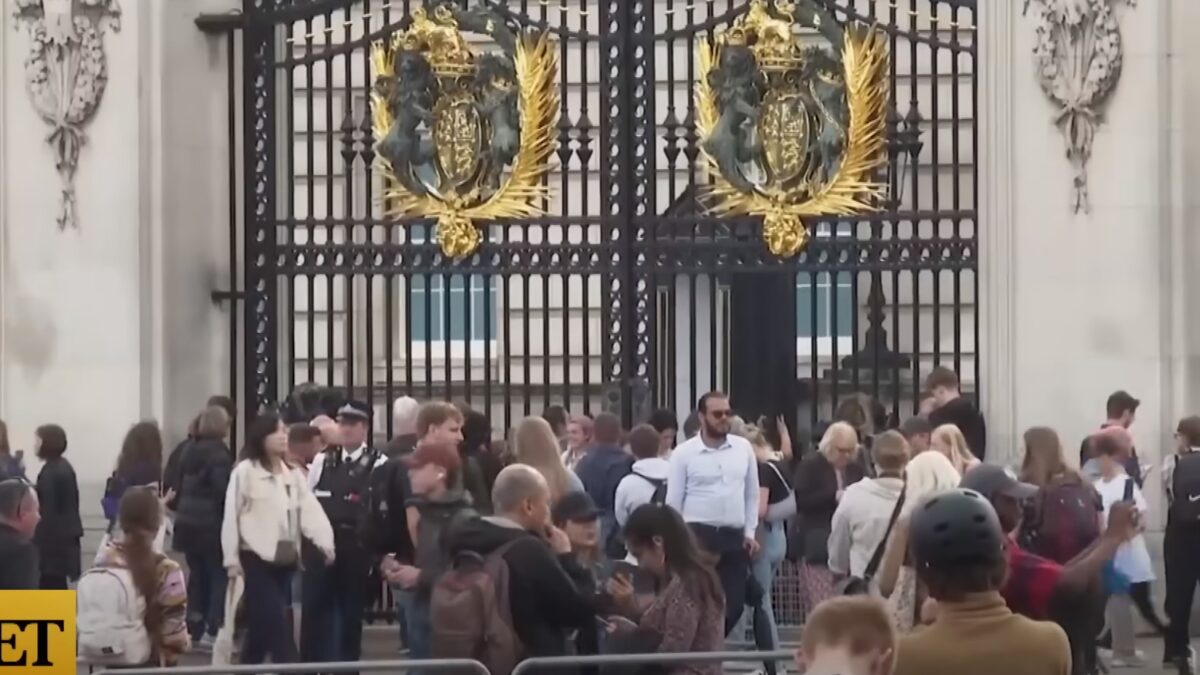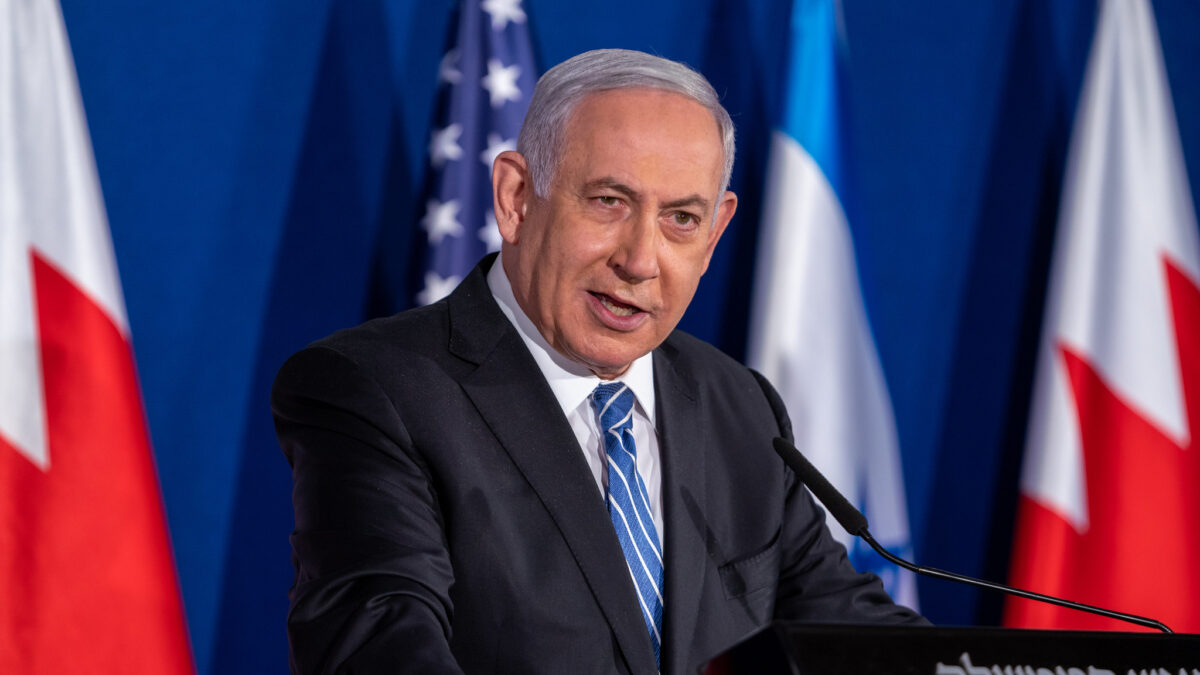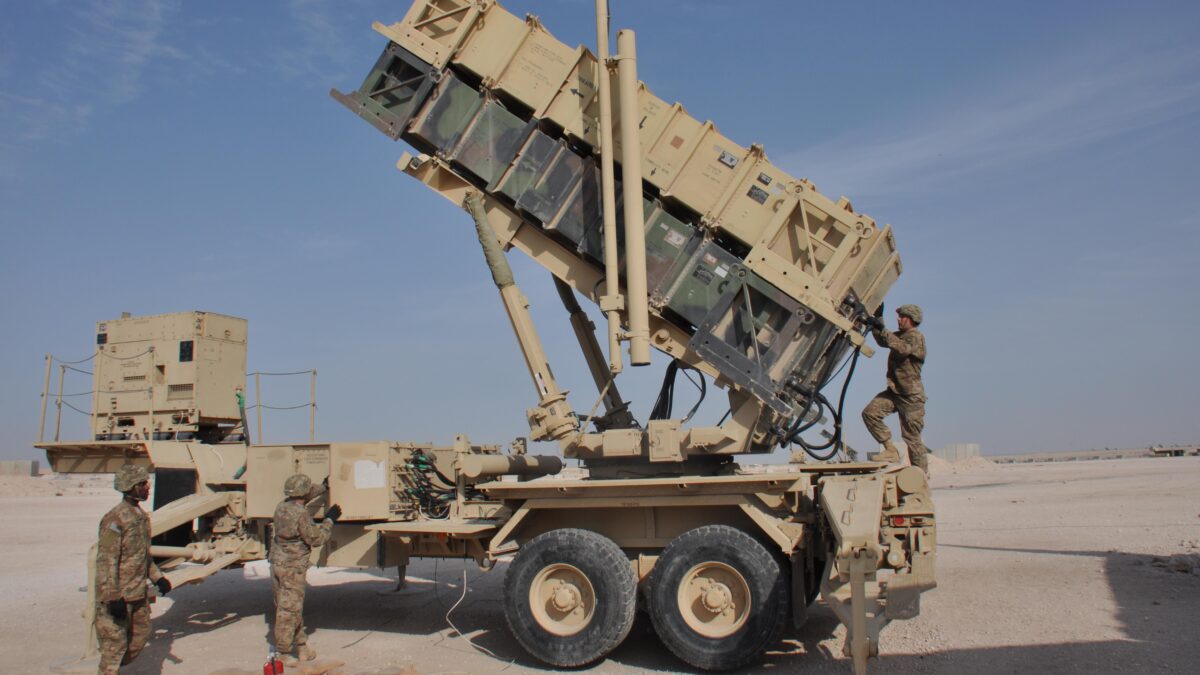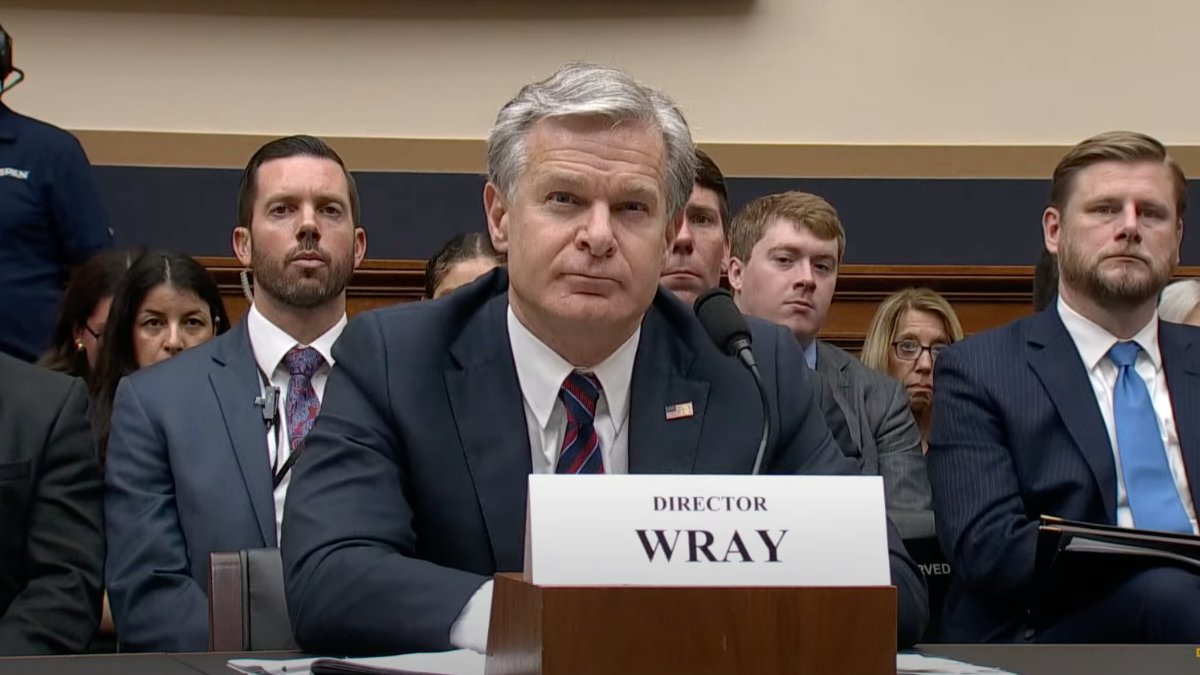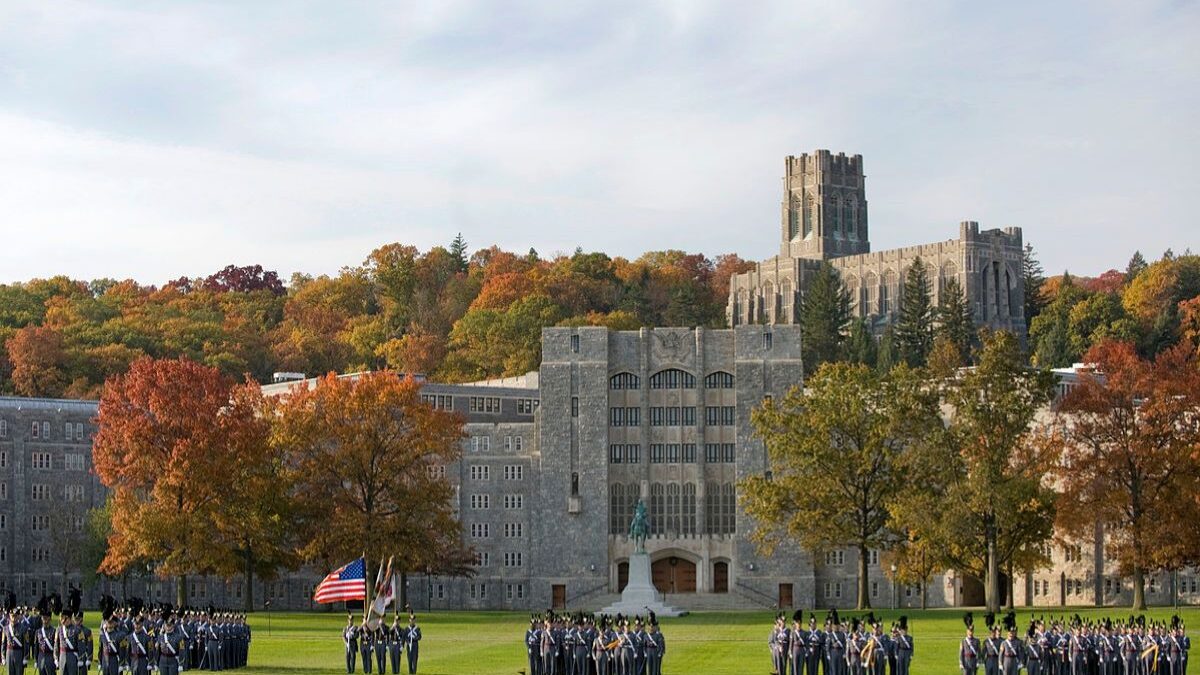“We must speak the ugly truths about Queen Elizabeth and Britain’s empire,” declared the title of a Sept. 10 op-ed by Washington Post columnist Karen Attiah. The late queen, Attiah claims, is “guilty for the nation’s historical crimes,” including the overseeing of a “historically brutal empire.” Attiah censures Elizabeth II for having “willingly adorned herself with jewels plundered from former colonies” and having “willingly took on the symbolic, patronizing role of ‘white mother’ to the darker peoples of the former empire.”
Attiah is not alone in such anti-British sentiments. Last week, Uju Anya, a Nigerian Carnegie Mellon professor, tweeted: “I heard the chief monarch of a thieving raping genocidal empire is dying. May her pain be excruciating.” Shailja Patel, a Kenyan author and activist, criticized the “mythmaking machine” following Elizabeth’s death, which has overshadowed her legacy as a symbol of the wicked British Empire.
Time featured an article titled: “Queen Elizabeth II’s Violent Imperial Reign,” while Mou Banerjee, a professor of South Asian history at the University of Wisconsin-Madison, told NPR that “They say, the sun never sets on the British Empire. I think it has set with the death of Queen Elizabeth.”
Yet for all the outrage over Britain’s colonial past (which is far more complicated than leftists acknowledge), those attacking British misdeeds across the world should be forewarned. That’s because if Britain’s imperial record in places like Africa and Asia was bad, you should consider what the People’s Republic of China is already doing — and aims to do — in that same part of the world and across the globe.
A Truly Totalitarian Regime
Most Americans today have some familiarity with the evils of China’s communist government. There’s the detention and re-education of millions of predominantly Muslim, ethnic Uighurs in the nation’s western Xinjiang Province, which has included forced labor, forced sterilizations, and forced abortions. For good reason, many international organizations are accusing China of genocide: from 2015 to 2018, birth rates in the mostly Uighur regions of Hotan and Kashgar fell by more than 60 percent.
China also aggressively persecutes Christians, some of whom are also put into brainwashing camps, while others are detained and tortured for their faith. The Chinese Communist Party (CCP) also crushed democracy in Hong Kong (a former British colony), detaining pro-democracy activists, and forcing confessions from government critics.
In addition, China’s “social credit” system ranks citizens and punishes them — via refusals to acquire a loan for a home, flight bans, limiting internet access, and more — if the CCP deems such persons untrustworthy. There are also draconian state-imposed measures imposed over covid-19, including strict, rights-violating quarantines still in place almost three years after covid first emerged from China.
Exporting Totalitarianism Around the World
Not content only to create a dystopia in their homeland, China is exporting its totalitarian vision around the world. There’s the propping up of other authoritarian regimes, especially its neighbor North Korea, which regularly threatens the stability of the entire East Pacific.
There are many other examples: dictator Hun Sen in Cambodia, the communist regime in Cuba, and the deeply dysfunctional (and prominent persecutor of Christians) Pakistan. A map of those countries that supported China’s repression of Hong Kong includes bad actors such as Venezuela, Nicaragua, Iran, Belarus, Somalia, Yemen, Syria, and Burma.
But China’s influence is growing practically everywhere. China has persuaded dozens of cities across the world to employ its “smart city technology” to both better fight crime and more effectively surveil their citizens. All over the world, China leverages state-owned enterprises to deepen its influence over other countries, including through monitoring of people’s mobile phones and internet use. Earlier this year, China stole trillions of dollars in intellectual property from various multinational corporations (it has also stolen our military technology).
China is also throwing its maritime weight around. China owns more than 100 ports in approximately 63 countries, and 80 percent of China’s overseas port terminals are owned by three terminal operators, two of which are state-owned enterprises: China Ocean Shipping Company and China Merchants Group. China already owns one foreign military base in Djibouti and has plans to build military bases in Cambodia, Equatorial Guinea, Tanzania, the UAE, and Kiribati — part of its strategic plans to gain global military parity with, and eventual dominance over, America.
China Makes British Imperialism Look Like a Tea Party
As Steven W. Mosher explains in his book “Bully of Asia: Why China’s Dream Is the New Threat to World Order,” racism is ubiquitous in China and is directed not only against perceived internal threats like Uighurs and Tibetans but also others, including black people. Anti-black racism in Chinese media and entertainment is quite egregious. There’s a word for the chauvinism common in Han Chinese culture: “Dazhonghua Zhuyi,” which Mosher describes as a “potent and peculiarly Chinese form of ultranationalism that relies in equal measure on collective narcissism and xenophobia.”
All of this to say, the coming global Chinese Empire will make Britain’s alleged crimes seem paltry by comparison, as are its present totalitarian realities. If China is willing to employ domestic slave labor, what makes anyone think they’ll treat laborers in developing countries any differently, especially once nations across Africa and Asia are nothing more than puppet states of the CCP? Many nations, like the Solomon Islands, are already more than halfway there. On foreign policy, China’s goal is clear and simple: global dominance and destructive resource extraction, regardless of the consequences for local populations.
Yes, it’s true, the British engaged in resource extraction, exploitation of local populations, and even violent retaliation against dissidents. But they also, out of an authentic, if perhaps naive and often arrogant perception of themselves, sought to do good. They introduced representative government, rule of law, and modern education across the world, from the Caribbean to Africa to South Asia. The physical and intellectual architecture of their empire still stands the world over, often because even those they ruled recognized its benefits.
Nor should we forget that the British Empire saved its colonies from a far more anti-human, exploitative fascism that Germany, Italy, and Japan sought to impose on the world. British soldiers and their colonial allies bled and died together to save the world from Hitler and Tojo. And, in various ways, the Brits have spent more than half a century apologizing and funding charitable causes for their historical misdeeds. In truth, Britain’s (albeit flawed) moral compass has enabled it to express guilt for its sins in a manner perhaps unprecedented in human history.
Don’t expect the CCP to ever apologize or make reparations for anything. The official party line is that Mao Zedong, and not the CCP he created and which continues to rule after his death, was responsible for the excesses of the Great Leap Forward and the Cultural Revolution that resulted in the deaths of millions of Chinese citizens.
The CCP believes in its own moral and cultural superiority and maintains strategic plans to ensure the rest of the world knows it, too. Speaking of Britain, WaPo columnist Karen Attiah declares: “We must get back to work — to dismantle the present-day vestiges of the racist, colonial empire she [Queen Elizabeth] so dutifully represented.” Attiah might better focus on the currently far more expansive, dystopian global empire rather than a far less murderous one that’s already passed.
